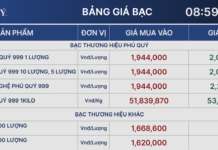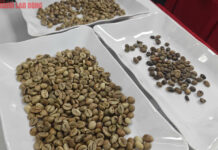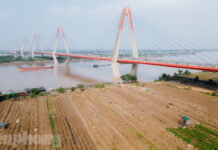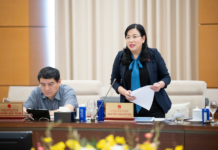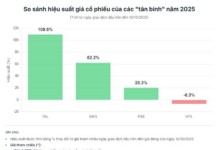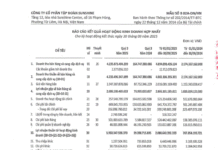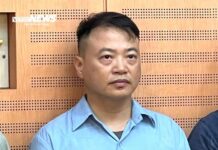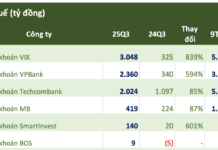During the Conference on the Implementation of Monetary Policy for 2024, which focused on resolving difficulties for production and business, promoting growth and macroeconomic stability, Prime Minister Pham Minh Chinh and Deputy Prime Minister Le Minh Khai presided over the event. In the conference, Chairman of Agribank’s Management Board, Pham Duc An, stated that Agribank’s income and expenditure has decreased by approximately 2,000 billion dong compared to the same period last year.
Currently, Agribank is actively implementing support programs for customers as directed by the Government and the State Bank. However, credit is still decreasing, especially for Agribank, as it has declined more than the average level of the whole system. This is a characteristic in the agricultural sector where customers sell their products for the Lunar New Year, have money to repay their debts and even deposit it into the bank as there is no demand for loans to buy seeds, fertilizer, plant protection products, etc. for the new planting season.
Furthermore, weak demand from both domestic and international markets has made people cautious in their expenditure, affecting production and consumption. As a result, credit growth has not had many opportunities to increase. Additionally, there are subjective factors such as inflexible lending procedures, requirements for collateral assets, but these are not the main reasons.
For example, the issue of the inflexible collateral asset mechanism, mainly relying on mortgaged assets or loans for loss-making enterprises, as mentioned by some representatives in the conference, is a major issue that even commercial banks are worried about. If loans are not secured by legal mechanisms and cannot be recovered, providing loans to loss-making enterprises will lead to loan recovery difficulties. This is a reality that has happened and is happening in practice.
According to Agribank’s Chairman, one evident reality in the operation of the commercial bank system is fierce competition, where interest rates for new loans are exceptionally low to attract good customers, even lending to repay debts at other banks. Therefore, the growth of credit has not met the requirements.
“Furthermore, there are cases where lending rates are lower than deposit rates, and there is a possibility that businesses do not use the funds for production and business but rather deposit them into other banks that are raising capital,” said Mr. An. This can happen in reality, and although there have been many bright spots in the macro economy in the past two months, with the current complicated and unpredictable global economic situation, difficulties in exporting have not improved significantly.
Therefore, the fundamental driving force is still solving problems from within, which are related to public investment, fiscal policies, etc., to create motivation for production and business, thus increasing people’s income, reducing defensive psychology, stimulating consumption, and consequently increasing the demand for new credit. There are also issues related to legal procedures for real estate and investment in construction, responsibility and ethical conduct in public service, etc.
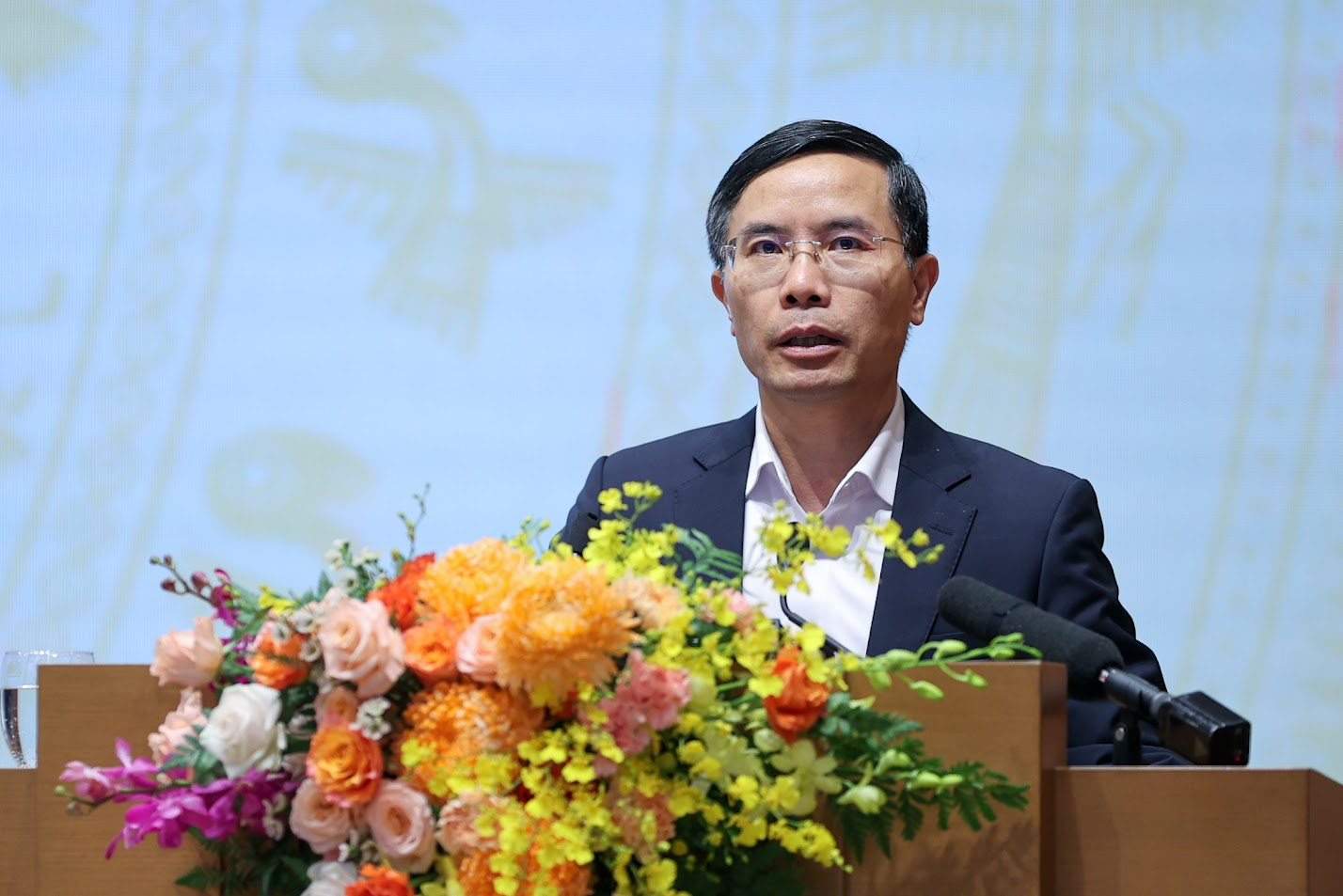
Pham Duc An, Chairman of Agribank’s Management Board. Photo VGP/Nhat Bac
Mr. An also believes that for a comprehensive solution, direct surveys on typical obstacles are needed to provide solutions and remove constraints quickly, thus increasing disbursement opportunities for the banking system.
As a 100% state-owned commercial bank, Agribank commits to take the lead along with the whole commercial bank system in implementing the Government’s and the State Bank’s guidance policies, actively sharing and supporting difficulties for enterprises, contributing to the economic development, affirmed Mr. An.

